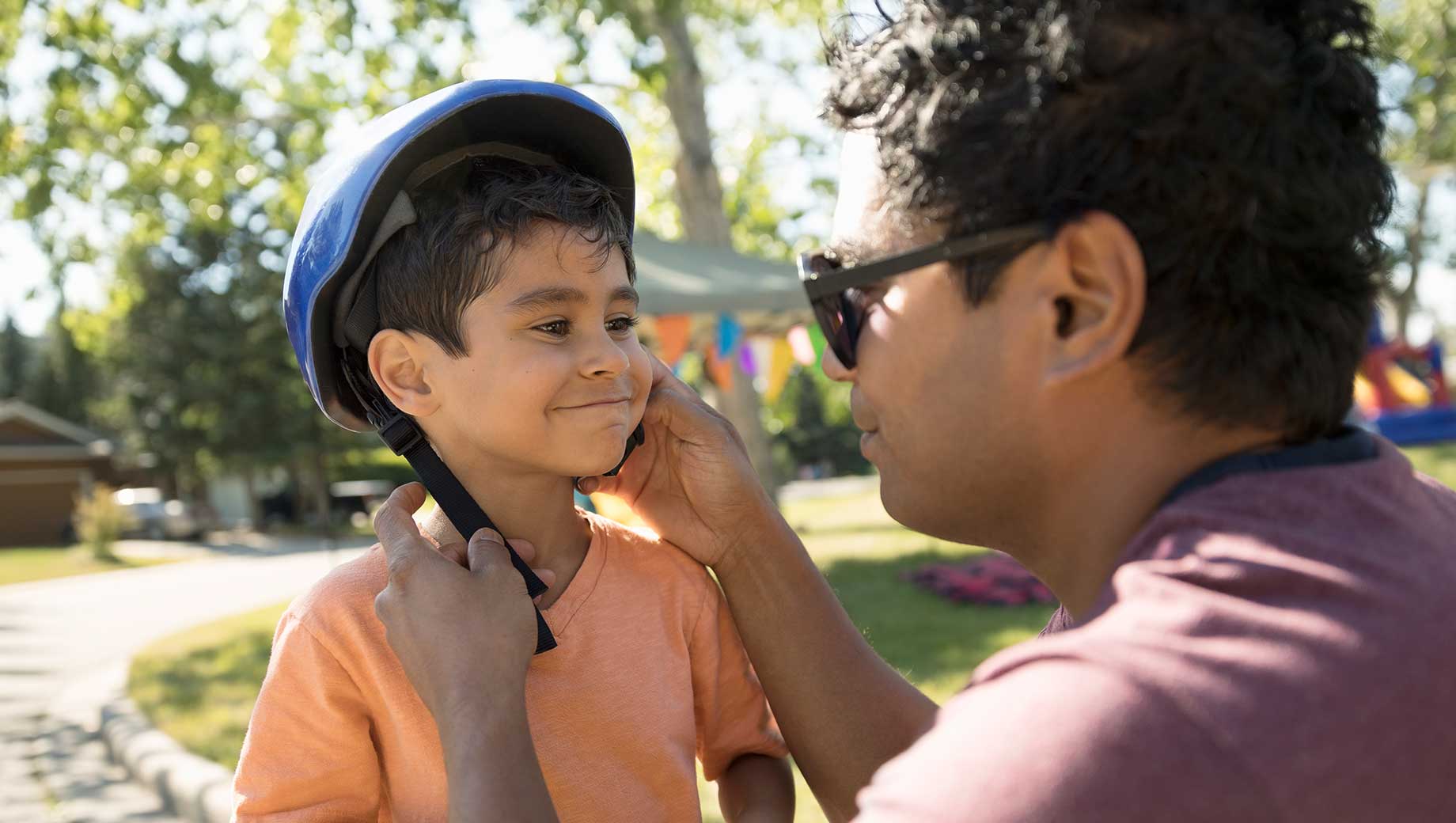Webcast Details
- Gallup StrengthsExplorer Webcast Series
- Season 1, Episode 6
- For kids especially talented in the Dependability theme, trust, honor and ownership are important. Learn about how to encourage and challenge these kids.
For children especially talented in the StrengthsExplorer theme of Dependability, trust is of the utmost importance. When they make a promise, they keep it. This theme enables both strong relationships and efficient execution of tasks, so kids with Dependability tend to care about being seen as trustworthy and responsible. Others count on them to do what they say they will do.
There is a distinct element of honor and duty to this theme. Dependability is the ownership of your commitment itself, along with a concern for how your work is done. Lots of kids love having jobs, but Dependability leads certain kids to love the reflection of themselves they see in the finished product.
You might spot Dependability when you notice kids who are referred to as more mature than others. Of course, this label can come from many places, but often it is a sign of a Dependability kid. Those with high Dependability seek approval of adults or others who count on them. They love being trusted to do things on their own. After finishing a job or task, they are eager and excited for another. They follow through on promises they make and notice when others' promises are broken.
So it's important for adults to take into account how they offer expectations. Kids with Dependability take execution of promises quite seriously, and they may expect the same from the adults in their lives.
This theme isn't an identical replica of the CliftonStrengths Responsibility theme, although there are similarities. One is the relational aspect of wanting to do something because another person asked you to or is counting on you. Another is the great care you take in how things are done, in how the tasks match original expectations and in how you possibly can be known for doing the great work of carrying out a specific "duty" that becomes yours.
But children with Dependability are not predestined to grow into adults with Responsibility. This theme could lead to many different experiences and motivations in adulthood.
Describing and Accepting Dependability:
- mature
- owner
- responsive
- loyal
- driven
- reliable
- committed
- intent/intentional
- promise keeper
Investing in children means paying attention to their attention. Notice what they're looking for, and look for what they're noticing. You can do this with Dependability by exploring what kinds of tasks are taking up the most space in their minds. Have a few great questions at the ready so you can learn more from them. Here are a few:
- What are you working on today?
- Who are you keeping a promise to?
- What's your job at school?
- What did people count on you for today?
- What job are you excited about doing?
- What would you like to be in charge of someday?
- What do we need to finish? Who is counting on us?
Affirm:
Recognize their routine. What have they owned so well that it seems expected? Praise the transformation they've created. Affirm their effort and thank them for their hard work.
Grant them choices on ways they can contribute. They might even notice more opportunities than you can see. Don't be too quick to assign them a job; instead, let them choose and offer.
Demonstrate the joy that comes from doing work. Share responsibilities you enjoy.
Notice times that others share their ideas and their trust with them. Let them know you see this and celebrate it.
GODOIT CHALLENGE
Grow: What can you do this week to help invest in your DEPENDABILITY child?
- Routine Redesign
-
Pick a daily routine that you normally own as the adult. Invite your kid to own part or all of it this week (bonus points if your "task" isn't just a straight-up chore).
-
Ideas:
-
- making sure we have everything we need to leave the house (getting out the door)
- cleaning off the table
- telling a bedtime story
- caring for a pet
- leading the dinnertime debrief
- Celebrate the Doers
- Identify people in your family or community who do specific jobs. Together with your kid, do something to recognize someone who does a job well.
- Specific: What does this person do? What promise do they keep?
- Individualized: How might they most like to be recognized? (Do they have a favorite color? Character? Candy?)
Learn more about using CliftonStrengths to help yourself and others succeed:
- Watch more CliftonStrengths webcasts like this episode.
- Sign up to get CliftonStrengths content sent directly to your inbox.
- Shop at store.gallup.com for CliftonStrengths access codes and other essential strengths-based development products.
